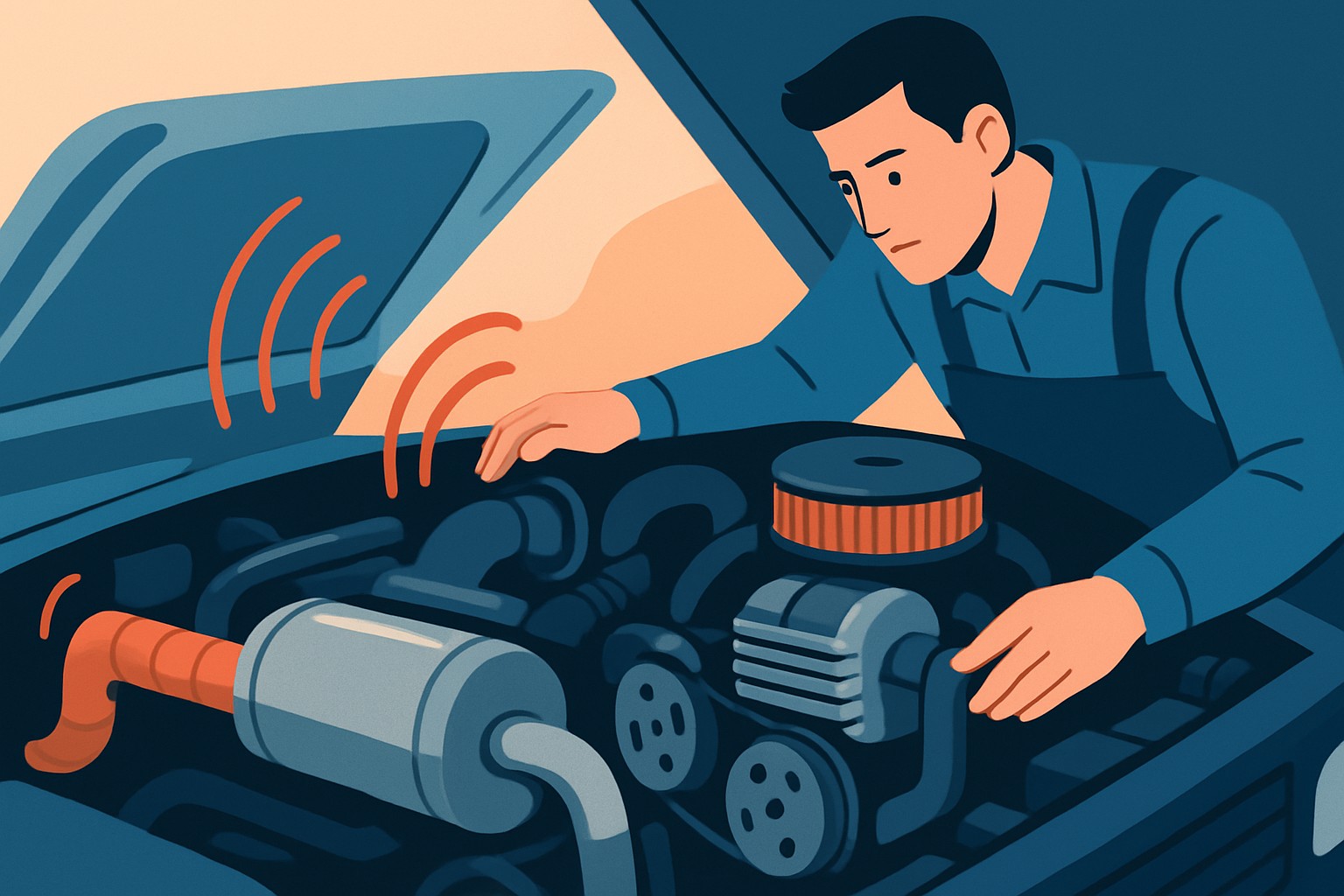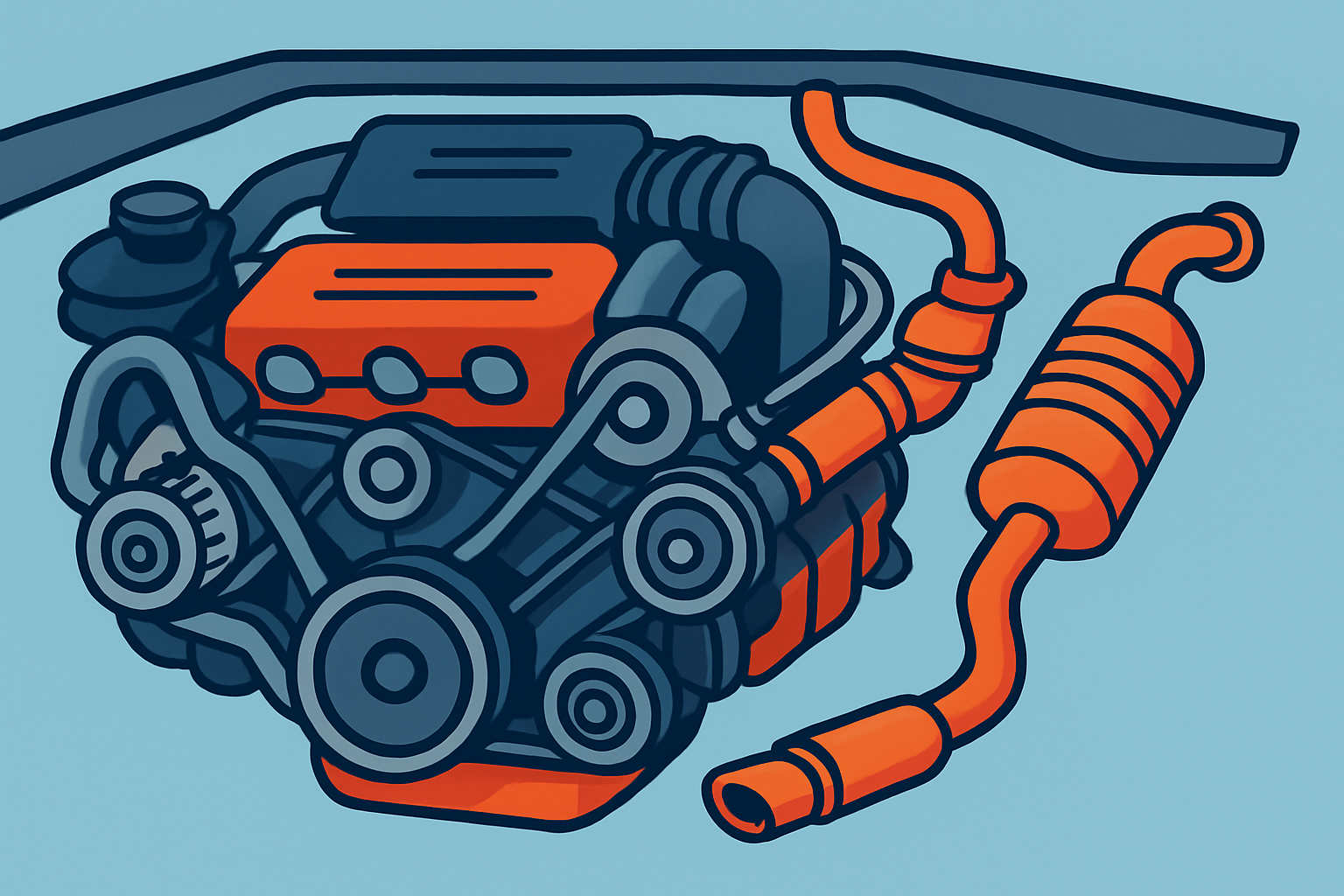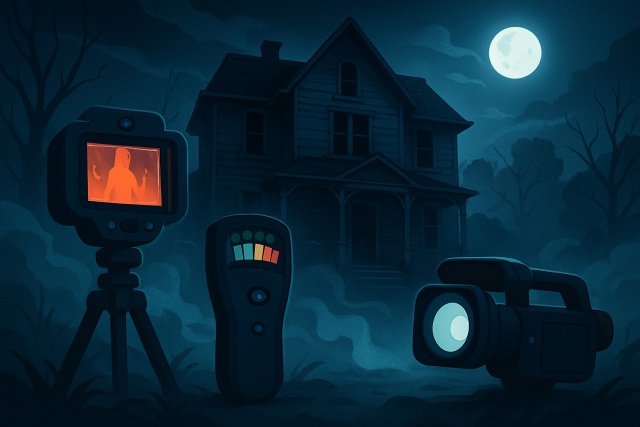Marketing Strategies That Actually Work for Small Teams
Unlock practical marketing strategies designed specifically for small teams. Learn expert tips to pr...

Noticing your car engine louder than usual can be both worrying and confusing, especially when you’re not sure what that racket means. More often than not, this louder engine noise is a red flag for a mechanical hiccup that’s best dealt with sooner rather than later before things get out of hand. This article will guide you through spotting warning signs and digging into possible culprits like exhaust leaks or worn-out engine parts. It will also help you figure out the best way to fix them.
Noticing when your car engine sounds a bit louder than usual can be a real lifesaver, helping you figure out whether it’s just a minor hiccup or something that needs a mechanic’s urgent attention.
A mix of mechanical hiccups and environmental quirks can often make your car engine sound louder than usual. This could be anything from wear and tear that sneaks up on us to hiccups in the exhaust system, lubrication slipping out of whack, or maintenance that is been pushed to the back burner.

Illustration of key engine parts commonly linked to increased noise — exhaust system, belts, muffler, and air filter.
Diagnosing a louder engine is usually smoother when you take a step-by-step logical approach. Spending a bit of extra time checking the exhaust, oil levels, belts and air filters often reveals the root of the noise and guides you toward the right repairs or maintenance.
Recognizing different engine noises can really speed up the whole troubleshooting process. Those sounds—knocking, rattling or hissing—usually give you a solid clue about what’s going on under the hood.
Knowing what usually makes a car engine sound louder than normal is a great place to start when you are trying to fix the issue. A lot of the usual suspects tend to hang out in familiar spots like the exhaust system or the state of your engine oil or just plain old mechanical wear and tear. Repairs can be as simple as swapping out the oil and air filters—no sweat—or they might call for more elbow grease like patching up the muffler or having a pro roll up their sleeves to rebuild the engine.
| Cause | Symptoms | Diagnostic Tips | Repair Options | Difficulty / Time |
|---|---|---|---|---|
| Exhaust Leak | Loud roaring sound, visible holes | Pay close attention for escaping air hissing and give those pipes a good once-over | Patch up the holes or swap out the damaged sections | Moderate / 1-3 hours |
| Faulty Muffler | Excessive engine noise, rattling | Keep an eye out for dents or cracks and listen carefully to the exhaust’s tune | Replace the muffler; it’s often the best fix | Moderate / 2-4 hours |
| Low Engine Oil | Knocking noise, engine warning | Grab the dipstick and check both the level and how fresh the oil looks | Change oil and filter to keep things running smooth | Easy / 30 mins |
| Worn Belts | Squealing noises, engine vibrations | Give the belts a good once-over for tension and wear; you might catch it before it breaks | Swap out the belts — your engine will thank you | Easy to Moderate / 1-2 hrs |
| Dirty Air Filter | Reduced power, louder engine roar | Take a quick peek and maybe test the airflow to see if the filter’s clogged up | Replace the air filter and feel the difference | Easy / 15-30 mins |
| Worn Engine Components | Persistent knocking, loss of power | Time for a compression test or better yet, have a trusted mechanic give it a thorough look | Professional engine repair—no quick fixes here | Hard / Several days |
The exhaust system steps into the spotlight when your engine noise suddenly ramps up. Leaks from rusted pipes or loose joints let engine sounds sneak out before they reach the muffler. The muffler then cranks up the volume more than you would like. When the muffler itself takes a hit, it loses its mojo for quieting noises. This often results in a loud roar or an annoying rattle that is hard to ignore. Catch these issues early by checking under the vehicle for visible holes or cracks, listening carefully for strange noises when you accelerate, and keeping an eye or nose out for weird exhaust smoke.
Engine oil plays a key role in keeping moving parts sliding smoothly instead of grinding against each other. When the oil runs low, gets filthy or isn’t the right kind, friction spikes and causes the engine to get noisier. Sometimes it even produces annoying knocking sounds. Checking and changing the oil regularly using the correct grade does wonders to keep everything well-lubricated. This cuts down wear and tames the racket under the hood.
Wear and tear on engine parts like pistons, bearings and valves can lead to that dreaded metal-to-metal contact that often makes knocking, tapping or rattling sounds you just cannot ignore. Typically these noises signal serious engine trouble that’s begging for a professional’s expert eye—think compression tests and thorough internal inspections.
Proactive maintenance usually turns out to be the best bet for keeping your car engine humming along smoothly without those annoying rattles. Routine oil changes and timely checkups on the exhaust and belts plus swapping out air filters at the right time are the unsung heroes that nip noise problems in the bud.
Some loud engine noises can often be tamed with a bit of simple maintenance, but when your car engine is louder than usual, it tends to call for a professional’s touch to properly diagnose—so you don’t end up making things worse or risking safety.
23 posts written
Dashiell explores how cities shape human experience, combining architectural insights with sociological observations in thought-provoking pieces.
Read Articles
Unlock practical marketing strategies designed specifically for small teams. Learn expert tips to pr...

Dead Files sparks debate about paranormal authenticity. This article breaks down hoax claims and rev...

Unlock the secrets behind stock market price movements by exploring the main drivers and discovering...

Disruptive technologies often catch companies by surprise, reshaping industries swiftly. Learn why t...
